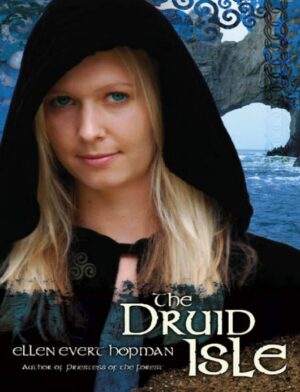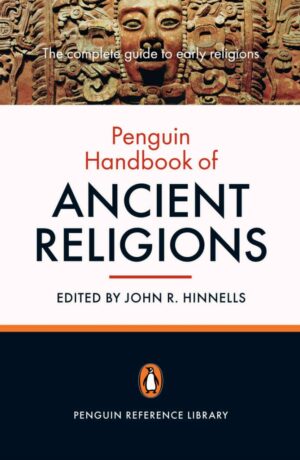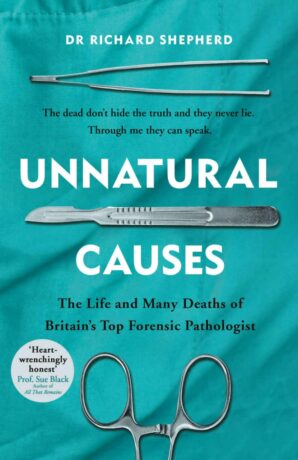20.02.2021
20.02.2021
“The Penguin Handbook of Ancient Religions” edited by John R. Hinnells
20.02.2021
“Avalon Within: A Sacred Journey of Myth, Mystery, and Inner Wisdom” by Jhenah Telyndru
20.02.2021
“Honoring Your Ancestors: A Guide to Ancestral Veneration” by Mallorie Vaudoise
20.02.2021





